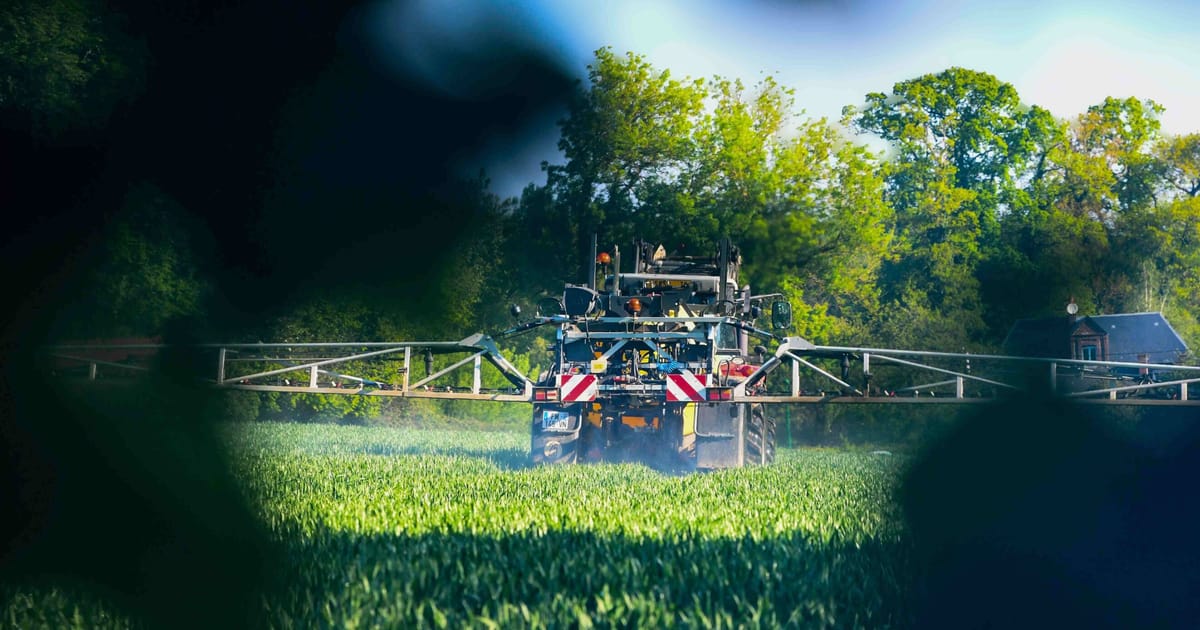

In recent days, two stories from different corners of the globe have highlighted the vibrant nature of democratic engagement, one occurring in France over agricultural regulation, and the other in the Australian state of Tasmania during its election period. While each event stands distinct, they collectively underline the dynamic processes of public dialogue and institutional response.
In France, a young advocate has catalyzed a notable civic movement around agriculture legislation. A 23-year-old student has successfully rallied legions of citizens, amassing nearly half a million signatures, to challenge a controversial farming law. The petition reflects widespread concern over a policy that many believe could adversely affect the agricultural landscape. The considerable support for this petition underscores not only the public’s investment in ecological and agricultural issues but also its demand for a participatory role in legislative processes.
This petition’s significant backing means it now holds the potential for formal debate in the French parliament, possibly unfolding later this year in the fall. Such a development showcases the potency of grassroots activism in sparking governmental discourse and highlights the democratic pathways through which citizens can elevate their concerns to national platforms, promoting healthy dialogue between the public and policymakers.
Looking across the globe to Tasmania, the political landscape is also experiencing a moment of change. Recently, the Tasmanian voting populace engaged in an early election prompted by a no-confidence vote in the ruling minority Liberal government of Premier Jeremy Rockliff. It marked the second time in just over a year that Tasmanians made their way to the polls, underscoring the region’s dynamic political ebb and flow.
Early tallies from Tasmania’s election indicate a favorable shift towards the incumbent Liberal government, hinting at potential gains. This tilt suggests a growing affirmation of the current administration despite recent political upheavals. Meanwhile, the Labour party appears to be losing ground, highlighting a shifting public sentiment that could shape future policy direction and governance approaches on the island.
The election outcomes carry significant weight, as they will influence how the state navigates its governance amid evolving public expectations and regional challenges. This electoral process emphasizes the vibrancy of Tasmania’s democratic institutions, balancing political accountability with leadership continuity.
Both narratives, though distinct in their contexts and scales, paint a broader picture of active citizenship and political involvement, from grassroots movements to electoral processes. They exemplify how engaged constituencies can shape policy debates and political landscapes, ensuring that democratic mechanisms remain robust and reflective of the collective will.
Source: {link}
